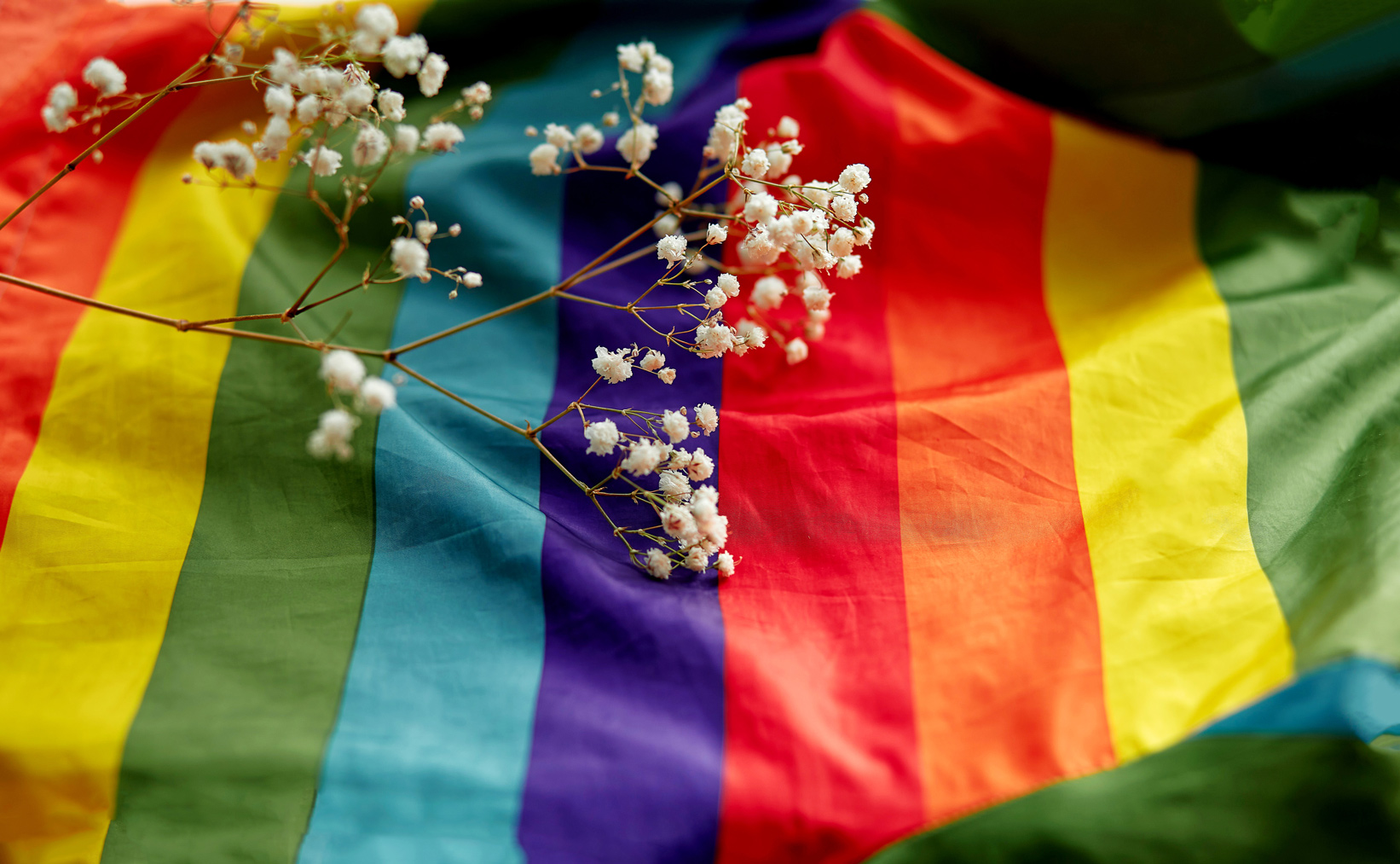
November 23, 2022
YW Boston’s statement on the recent shooting at Club Q in Colorado Springs
On Sunday, November 20, 2022, our country witnessed yet another act of domestic terrorism and violence when a 22-year-old man shot and killed five people (Kelly Loving, Daniel Aston, Derrick Rump, Ashley Paugh, and Raymond Green Vance) and injured at least 18 others at Colorado Springs’ LGBTQ+ nightclub, Club Q. YW Boston is devastated by the news and wishes to express our condolences to all of the victims, their families, and everyone affected by this tragedy.
As an organization committed to eliminating racism, empowering women, and promoting peace, justice, freedom, and dignity for all, we are actively working to address the bigotry that fuels these horrific acts.
On the same day as the recent Colorado Springs mass shooting, people around the world observed the International Transgender Day of Remembrance, a day intended to remember those who have died as a result of transphobia and to raise awareness about the ongoing violence faced by transgender people.
Last month, we discussed the significance of the vandalization of Boston’s “Portraits of Pride” exhibit just as LGBTQ+ History Month came to an end. In YW Boston’s newsletter, The Leader, I talked about the importance of taking collective action even after heritage holidays and observance months have ended. It seems worth repeating, given that we live in an era when people wonder why we even need these holidays and commemorations in the first place. We are reminded every day why these observances are needed, and why they are not enough to address the national crisis of bigotry, transphobia, homophobia, and LGBTQ+ discrimination that our country is facing.
Because the LGBTQ+ community continues to face violence, discrimination, and harassment, we need to continue to advocate for collective action that goes beyond commemorative holidays. Individuals and elected officials continue to support hateful rhetoric and discriminatory policy, not only on an interpersonal level but also on a systemic level. The longer we remain silent about nationwide book bans, attacks on trans people’s access to public spaces and healthcare, the “Don’t Say Gay” bill, and similar legislation, the more we enable an endemic environment of discrimination and violence.
We emphasize the importance of collective, systemic action because it is critical to understand how our systems not only fail to protect vulnerable LGBTQ+ communities but also allow violent attacks like these to occur. Police failed to protect vulnerable communities in this case, as they have in many others. To protect themselves, it was up to Club Q patrons like Richard M. Fierro to disarm and stop the gunman.
We also know that law enforcement isn’t applied equally, both in terms of gun access (the Colorado Springs shooter had previously been arrested for attempting to harm his mother with a homemade bomb) and how arrests and sentencing are handled differently depending on a person’s race or ethnicity.
While LGBTQ+ people fight for our dignity and the right to exist and thrive, we are actively pursued and targeted in places that are supposed to be safe havens. Bigots appear to be increasingly emboldened to infiltrate spaces where LGBTQ+ people are finding the community we couldn’t find anywhere else. We encourage the YW Boston community to embrace this sense of urgency and engage others in social justice work because simply condemning atrocities like the recent Colorado Springs shooting will not prevent similar incidents from occurring in the future.
Please consider how this recent news may affect those you work with and take time to practice both self-care and community care. If you want to support the victims of the Colorado Springs shooting, visit the Club Q Colorado Springs donation site.
In solidarity,
Beth Chandler
President & CEO
YW Boston

